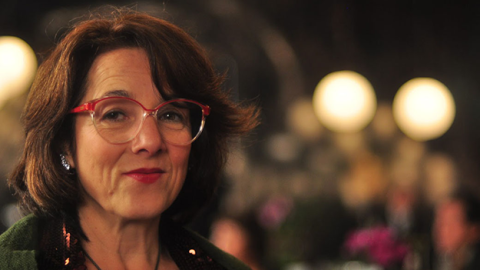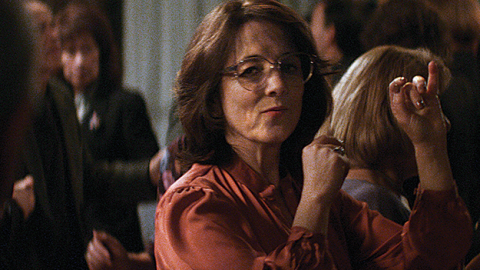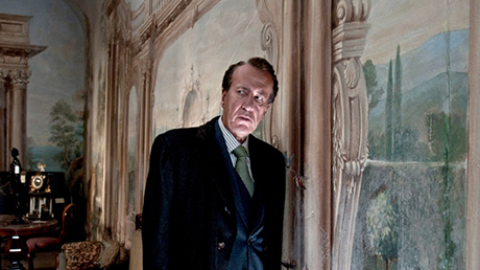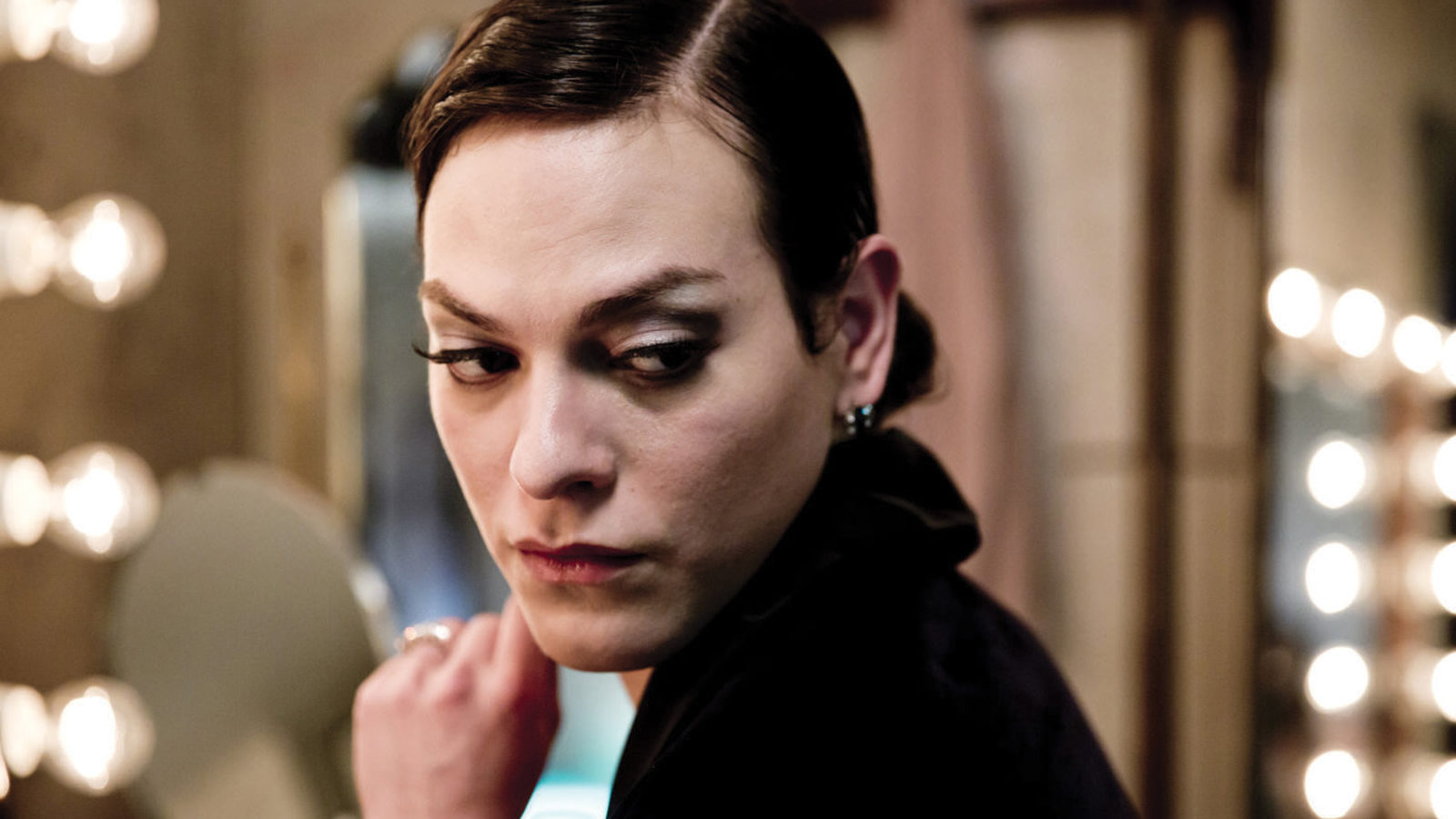
Review: A Fantastic Woman
When her lover Orlando (Francisco Reyes) suddenly collapses late one night, Marina Vidal (Daniela Vega), a singer and waitress in Santiago, does what she’s supposed to: she loads him into his Volvo and rushes him to the nearest emergency room. After Orlando is pronounced dead, however, having succumbed to an aneurysm, Marina does not linger long. Orlando has a brother, an ex-wife, and an adult son whose attitudes toward Marina—who is significantly younger, of modest means, and transgendered—range from cautious sympathy to choleric disgust, so Marina makes herself scarce.
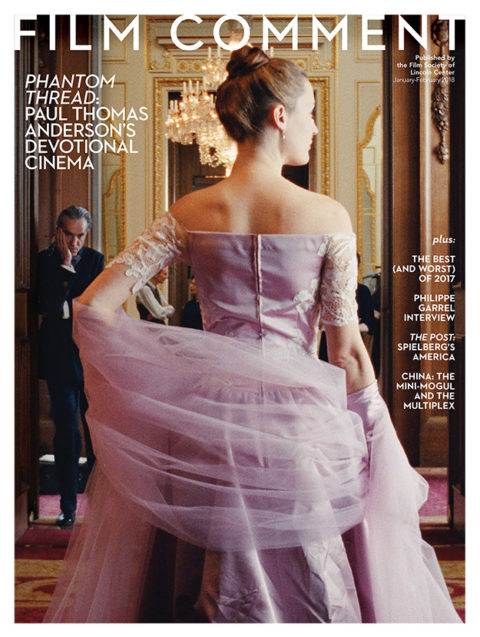
Still, there’s little reason to presume Marina’s done anything wrong, much less anything criminal or malicious, yet she’s treated as a suspect, a pariah, and a burden rather than as a grief-stricken partner in need of time alone. As Chilean director Sebastián Lelio’s latest film proceeds, Marina is shuttled into a corner, stripped both of her dignity and rightful inheritance, and expected to quietly disappear; instead, she exercises bold defiance and performs a little amateur sleuthing. She’s a noir heroine—except that noir heroines typically exude fraught passions, troubled pasts, and complicated demeanors, while Marina is essentially an innocent, a victim forced into defense mode. Once the film’s high-tension drama gets underway, she rarely expresses anything other than righteous outrage. Marina suffers many wounds over the course of A Fantastic Woman, but Lelio and Vega never quite get under her skin.
In an earlier era, this sort of melodrama for the marginalized could have provided juicy material for Rainer Werner Fassbinder. In any era, it could have provided Almodóvar with material for a characteristic exercise in fusing camp with emotional depth. (The particular injustices wrought upon Marina recall Patrick Wang’s devastating, woefully underseen 2011 gem In the Family.) By contrast, Lelio—whose other new film, Disobedience, about an affair between a married Orthodox Jew and another woman (played by Rachel McAdams and Rachel Weisz, respectively), opens this spring—seems less assured in terms of genre, tone, and character development. A Fantastic Woman is, above all, very careful: Marina’s antagonists seldom come off as sheer monsters, while Marina herself is treated with such reverence that she winds up remaining something of a cypher for the film’s duration. She is rather the opposite of the eponymous, gloriously complex heroine of Gloria, Lelio’s 2013 international breakthrough, whom Paulina García imbued with such engrossing nuance and drive.
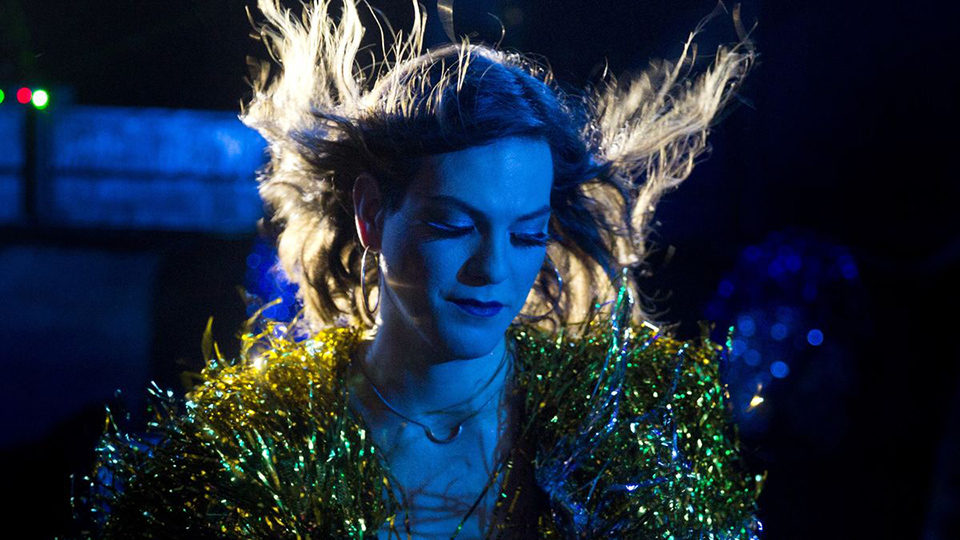
Where Gloria was active, Marina is reactive; where Gloria found herself on an existential journey, Marina’s sense of identity seems fixed in place. Which is perhaps as it should be, given that to be transgender in contemporary, socially conservative Santiago—as it would be with virtually any city anywhere in the world—demands that a person brace oneself against intolerance and aggression by acting with utter assurance regarding one’s sense of identity. The problem is that such assurance, such a dearth of doubts, flaws, or quirks, doesn’t lend itself to especially compelling or resonant characters. This film’s heart is clearly in the right place, but to plant a marginalized character in the foreground of a narrative is not quite the same as making that character live and breathe.
This isn’t to say that A Fantastic Woman is without satisfactions. Lelio and his cinematographer Benjamín Echazarreta craft a number of visually seductive sequences and capture their numerous locations with an emphasis on urban diversity to mirror Santiago’s veiled yet vibrant diversity of lifestyles. There’s something inherently worthwhile in watching this story unfold from Marina’s perspective—however limited that perspective may be. One can hope that A Fantastic Woman, with its prestige profile and accessibility, will help keep the gates open for further, richer explorations of the trans experience involving everyday phenomena such as love, death, and the creeping menace of exes and in-laws.
José Teodoro is a freelance critic and playwright.



